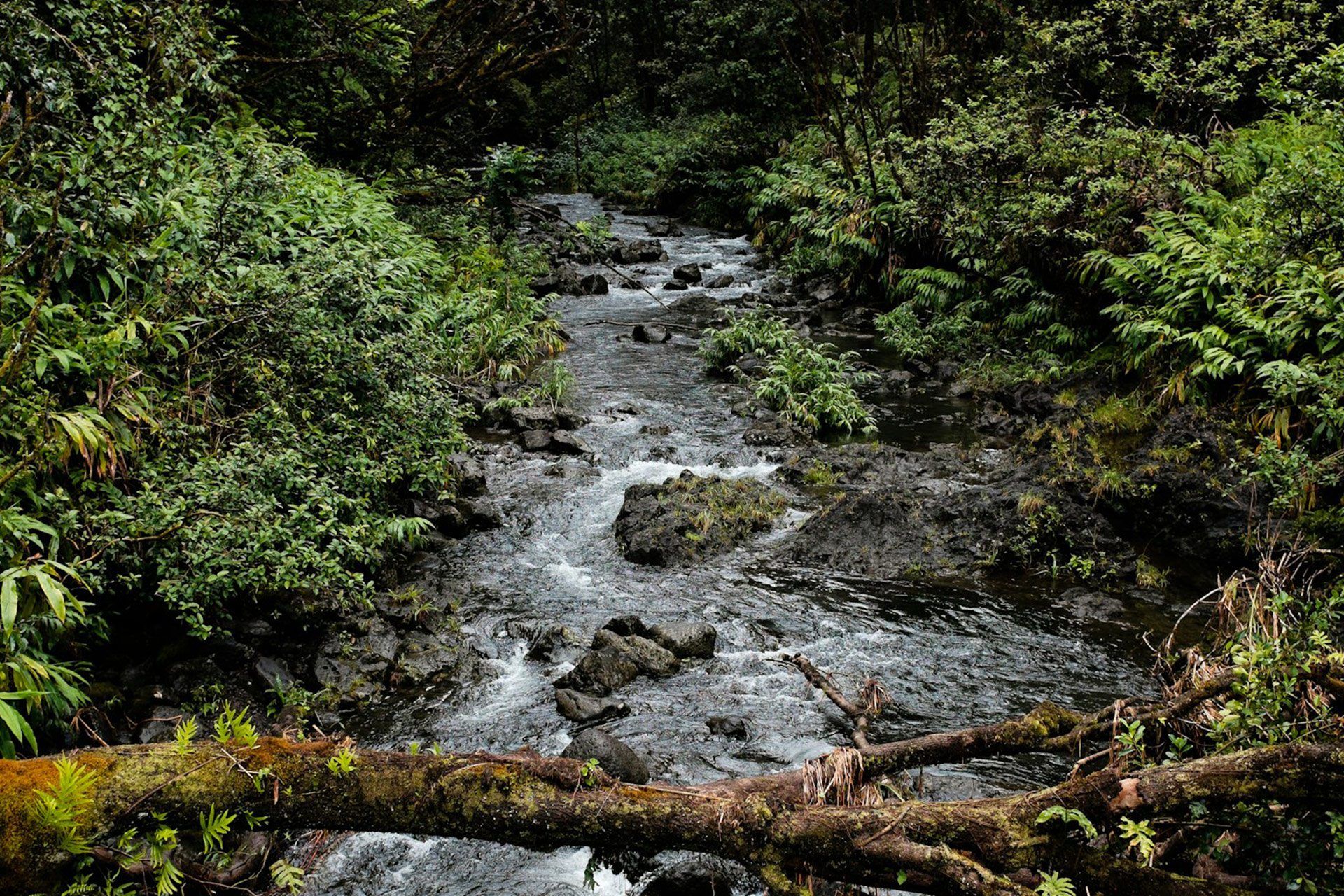The WS Einlanden-Digul-Bikuma area faces severe environmental challenges due to polluted water from industrial oil palm, mining, and timber plantations in downstream regions. Sedimentation from tailings disposal impacts communities along the river, causing flooding, cliff erosion along the Fly River, ecological damage to swamp habitats, and a decline in water quality in the Digul watershed.
InterventionThe Environmental Management Agency of Papua Province conducts annual monitoring of the Fly River, involving water sampling supported by border security to analyze water quality. Funded by the Ministry of Environment and Forestry, this intervention is the first of three stages aimed at protecting the international river. Additionally, the government has created a matrix of non-physical and physical efforts as a fundamental framework for water resource management in the Einlanden-Digul-Bikuma river area, including the Digul River Basin.
Non-physical efforts for the Digul River Basin include preparing environmental and coastal protection documents, socializing water extraction procedures, regularly monitoring water quality, creating water allocation documents, planning studies for reservoirs and dams, evaluating water use and reserves, drafting regional water use regulations, and involving local communities in monitoring river conditions.
Physical efforts involve constructing groundwater wells, redeveloping and testing boreholes and rainwater storage facilities, building reservoirs and dams like the Digul-Muyu dam, developing hydropower plants, irrigation networks, structures to control water damage, constructing levees, rehabilitating flood control infrastructure, building canals, improving riverbanks, and normalizing river bodies to prevent flooding.

